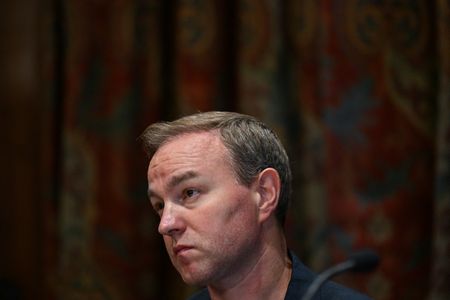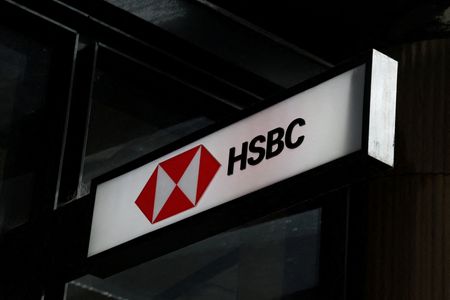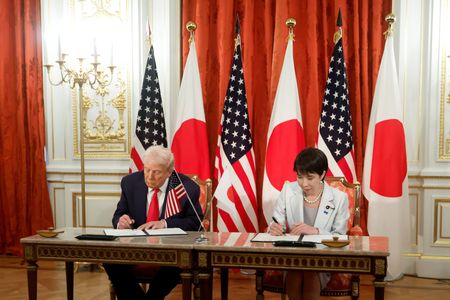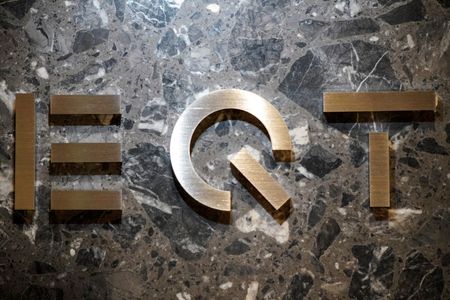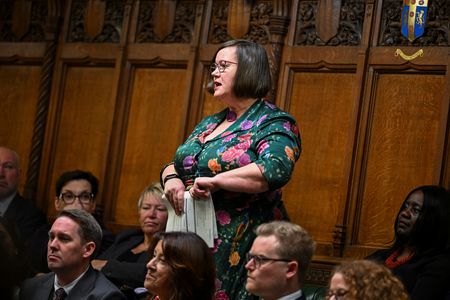By Jonathan Stempel
NEW YORK (Reuters) -Tom Hayes, the former trader who was a face of the global Libor-rigging scandal before his conviction was overturned in July, sued his former employer UBS for more than $400 million, saying the Swiss bank cast him as the “evil mastermind” of the scandal to shield itself.
In a complaint filed in a Connecticut state court and made public on Monday, Hayes accused UBS of malicious prosecution by telling prosecutors that he, rather than senior management, concocted a scheme to manipulate Libor rates to benefit his trading positions.
According to the complaint, by making Hayes the “perfect fall guy,” UBS avoided criminal prosecution even as it paid $1.5 billion to settle U.S., UK and Swiss regulatory charges in December 2012, when Hayes was criminally charged.
The process “was carefully stage-managed by UBS to control the narrative and steer attention away from senior executives,” the complaint said. “And like all good theater, UBS’s show had a hand-picked villain: Tom Hayes.”
UBS declined to comment on the complaint, which is dated October 23.
Late on Monday, Hayes filed a substantively identical case against UBS in a New York state court in Manhattan. His lawyers did not immediately respond to requests for comment about it.
Hayes, 46, has denied wrongdoing, and said the bank ruined his career and reputation, while causing emotional and physical harm. The London resident is also seeking punitive damages.
UK CONVICTION OVERTURNED AFTER JUDGE’S ERROR
Banks used Libor, or the London Interbank Offered Rate, to set interest rates on more than $300 trillion of financialproducts including credit cards, student loans and mortgages,and determine the cost of borrowing from each other.
The benchmark was set based on submissions by banks about their expected borrowing costs.
Libor was phased out in January 2022, after banks paid about $9 billion in fines to settle Libor-rigging probes, and 19 traders in Britain and the United States were convicted.
Hayes was convicted in 2015 of conspiring to defraud by manipulating Libor, and served about half of an 11-year prison sentence before being released in 2021.
The UK Supreme Court overturned his conviction on July 23, saying the trial judge incorrectly told jurors that banks could not consider their commercial interests when making submissions to the Libor rate-setting process. It said that “undermined the fairness” of Hayes’ trial.
Hayes was also prosecuted in the U.S., but a judge on October 27, 2022 granted a U.S. government request to dismiss that case.
UBS has offices in Manhattan and has operated a trading floor in Stamford, Connecticut.
In a statement accompanying the Connecticut lawsuit, Hayes said: “It has taken me over a decade to overturn my wrongful conviction and clear my name. My legal team are now rightfully holding UBS to account for scapegoating me.”
(Reporting by Jonathan Stempel in New York; Editing by Leslie Adler and Muralikumar Anantharaman)

